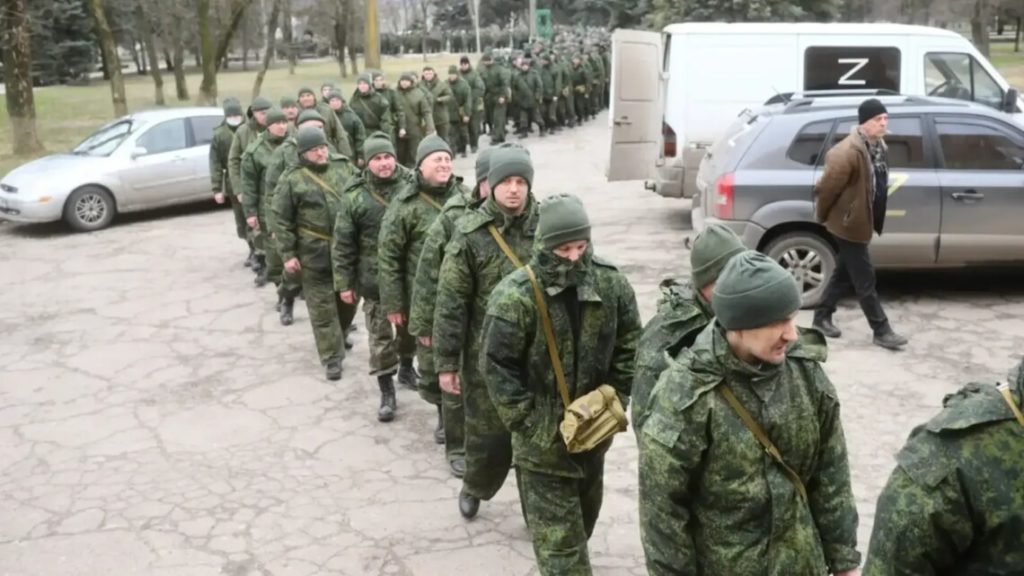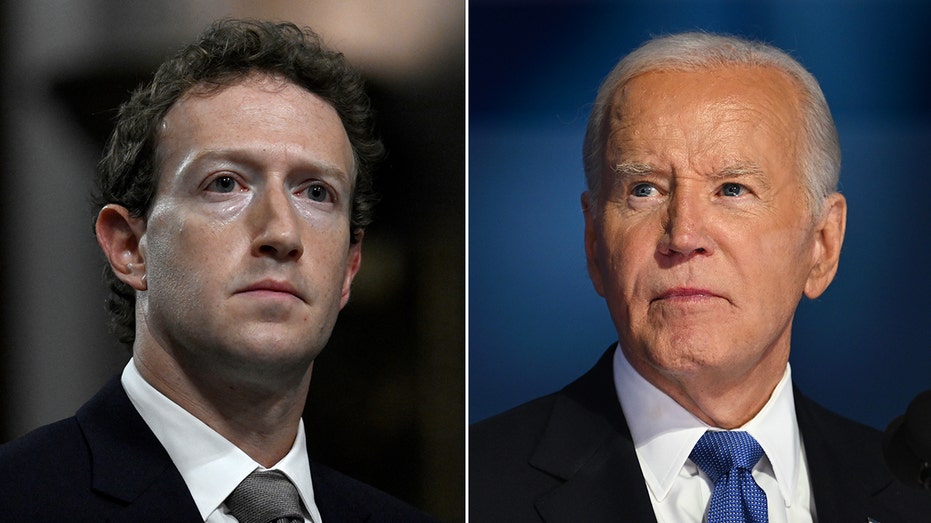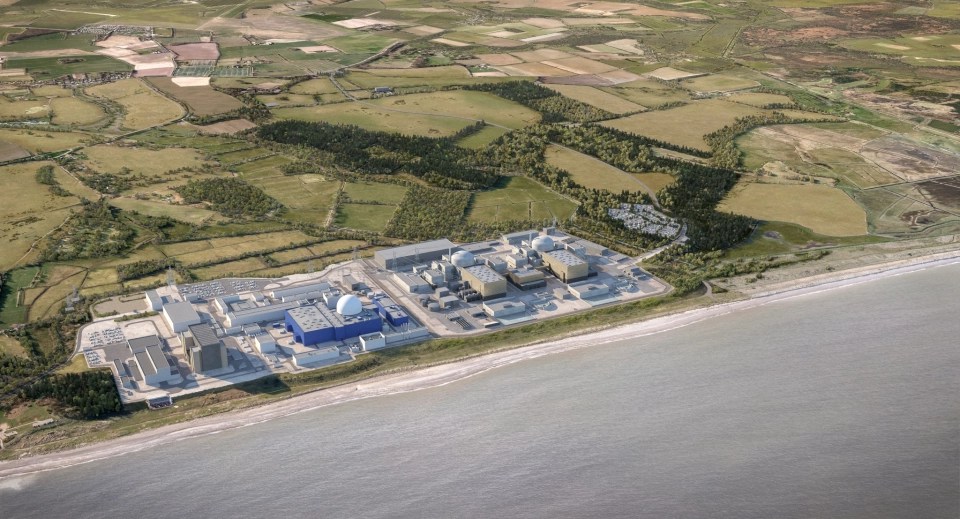ISW: Economic strain and manpower shortage may force Putin to change his war strategy
The increase in soldiers' salaries and deployment of North Korean troops indicate problems with current mobilization through contracts, while Putin seems reluctant to announce a new wave of compulsory mobilization.


Russia’s economy and war effort are coming under increasing strain, which could force Russian President Vladimir Putin to make critical decisions about resourcing the war or change his mode of warfare to preserve regime stability, according to the Institute for the Study of War (ISW).
As was reported, Russia’s central bank raised its key interest rate on Friday to 21% to slow down consumer price increases considerably above forecast. Most radical forecasts claim the overheated Russian economy may not finance the current pace of the war in 2025, while others say it can sustain a longer war unless oil prices remain high. Independent assessment remains complicated due to classified and distorted Russia’s official statistics.
“The costs of fueling the war will increase as Russia continues to burn through manpower and materiel on the frontline. Russian resources are finite, and Putin cannot reckon with these costs indefinitely. Russia’s economy will reach a burnout point,” ISW stated in its latest assessment.
The Washington Post reported on October 27 that Russia’s economy is “in danger of overheating,” with Russian Central Bank Head Elvira Nabiullina warning that Russia’s labor force and production capacity are “almost exhausted.” Private Russian companies are struggling to compete with military salaries, often having to offer wages several times higher than industry averages.
ISW notes that Putin likely views another partial mobilization or general mobilization as too costly for his regime, leading to alternative “crypto-mobilization” efforts that are straining the wartime economy. This is evidenced by regional authorities significantly increasing signing bonuses to maintain force generation of approximately 30,000 troops per month and by the recent deployment of North Korean troops to Kursk Oblast, suggesting “Putin’s entire force-generation system is very tenuous.”
The burnout point will “inflict great costs on Russian society, which may force Putin to make major decisions about how to resource Russia’s war or change Russia’s mode of warfighting to preserve his regime’s stability,” ISW concluded.
Other key developments on October 27 include:
- Both Ukrainian and Russian forces advanced within the Kursk Oblast
- Russian forces made progress near Selydove and northwest of Vuhledar
- Russian authorities are using Cossack organizations to militarize children and build long-term force generation reserves
Related:
- Ukrainian drone destroys two Russia’s most potent self-propelled guns 25 km behind lines
- International observers: Georgian elections marred by pressure and intimidation
- Russia launches over 1,100 guided bombs in a week — Zelenskyy
- Zelenskyy’s aide: Russia must return to pre-2022 positions before peace talks
- Russians murder two women, shoot at civilian car, Ukrainian prosecutors say



